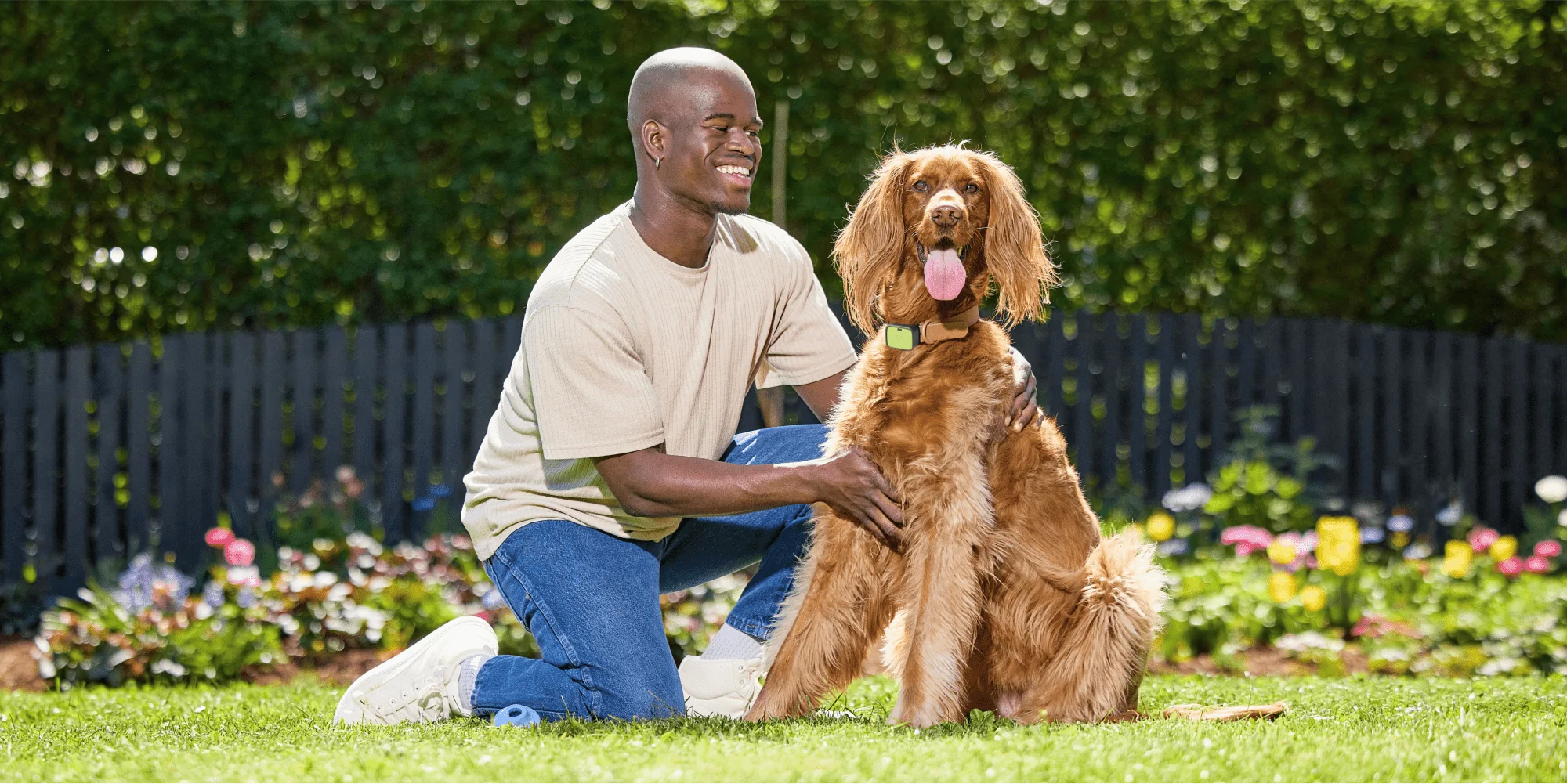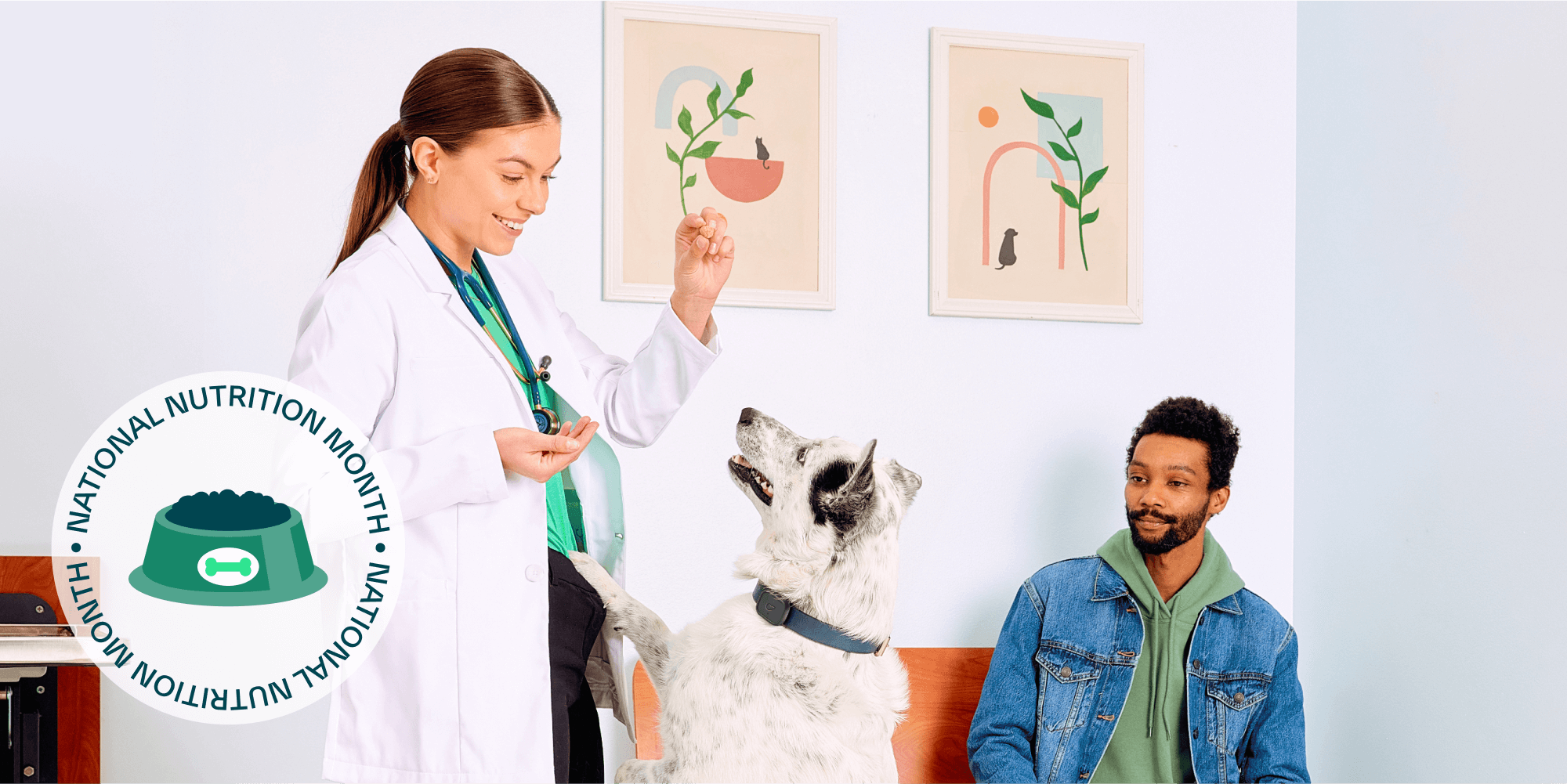Coronavirus in dogs: what you need to know

Despite the near constant flow of information, there’s still plenty of questions that probably still feel unanswered. Can your dog get infected? Can a dog infect you? What should you do to keep both your pup and yourself safe and healthy? The health and wellbeing of your pets will always remain our top priority.
First, the most important fact: There’s no evidence that dogs can spread COVID-19 to humans, according to the World Health Organization and many other experts.
That being said, to date there has been limited testing on dogs owned by COVID-19 positive people, which shows that dogs can be infected (though the risk is low).
While we can’t pretend to have every answer, we gathered the latest findings and recommendations from leading health organizations, including our partners at Banfield Pet Hospital and Waltham Petcare Science Institute, to take on some of the most common ones that concern your pet.
Note: We will continue to update this post as necessary.
Can dogs get COVID-19?

We have seen to date evidence from a single dog in Hong Kong that infection in dogs with SARS-CoV-2, the virus that causes human COVID-19, can occur. Due to the absence of respiratory symptoms and weakly positive results, it is unlikely the dog posed a transmission risk to other animals or humans. Currently, there is no evidence to suggest that animals infected by humans can spread COVID-19.
Human outbreaks are driven by person to person contact. Cases of infection in dogs appear to be infrequent. So far, the Agriculture, Fisheries and Conservation Department (AFCD) in Hong Kong findings indicate that dogs and cats are not infected easily with this virus, and at this time there is no evidence that they can transmit the virus to people. But please remember this is a novel virus, meaning one that has not been seen before. As such, research and testing are ongoing, and much still remains unknown. Because of this, health officials are recommending that infected people quarantine themselves from people and pets and leave the care of their pets to family members or loved ones who have not been infected.
What can you do with what you know?

In addition to following public health officials’ recommendations regarding quarantining infected people from pets, here are some general guidelines every pet owner should follow:
- Wash your hands before and after interacting with your pet; this reduces the transfer of dirt and germs between you and your pet.
- Protect your skin from direct contact with animal feces. Wear vinyl household cleaning gloves or a plastic bag when cleaning up after a pet.
- Avoid contact with wildlife, including those kept as pets, or potentially infected persons by keeping pets on a leash and otherwise indoors or in enclosed outdoor spaces such as a fenced in yard or kennel.
- Routinely clean and disinfect animal contact surfaces such as cages and feeding areas, as well as immediately after contact with high-risk animals, such as wildlife and stray or free-roaming dogs and cats.
- Promptly wash bites and scratches caused by animals. Don’t allow pets to lick open wounds, cuts or medical devices.
- Pets shouldn’t lick the faces of young children and immunocompromised patients.
- If your pet shows signs of not feeling well, contact your vet; they can advise you on whether to come in for an appointment.
- Follow general best practices for yourself, including routine hand hygiene. If you feel like you are developing flu-like symptoms, stay home and call your medical provider for advice on next steps.
Again, the CDC recommends you avoid contact with both pets and people if you should test positive with COVID-19. At this point we understand that the virus that causes COVID-19 is most efficiently spread via human-to-human contact and we now know it can also be spread human-to-animal, so it’s essential to treat pets as we would any family member and keep them virus-free.
To get the latest information, always refer to reliable sources like the ones listed below. Stay informed, stay calm, and enjoy your quality time with your family and pet. For more information, visit:
- Banfield Pet Hospital: COVID-19 Resource Center
- Waltham Petcare Science Institute: Pets and the Coronavirus: Information and Tips
- World Organization for Animal Health (OIE): Questions and Answers on the 2019 Coronavirus Disease (COVID-19)
- U.S. Centers for Disease Control and Prevention (CDC): About Coronavirus Disease 2019 (COVID-19)














